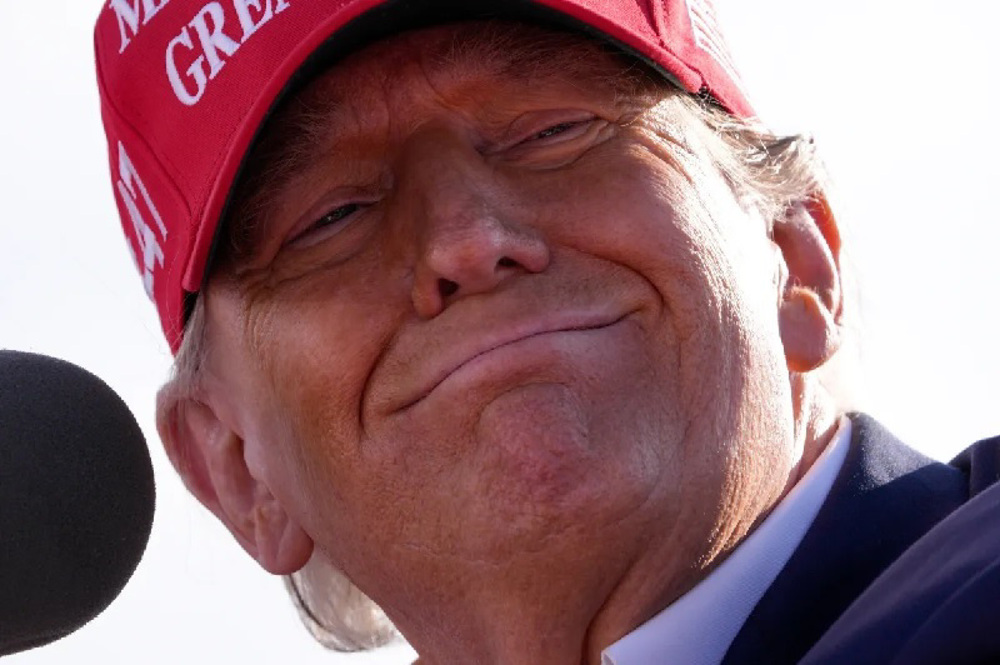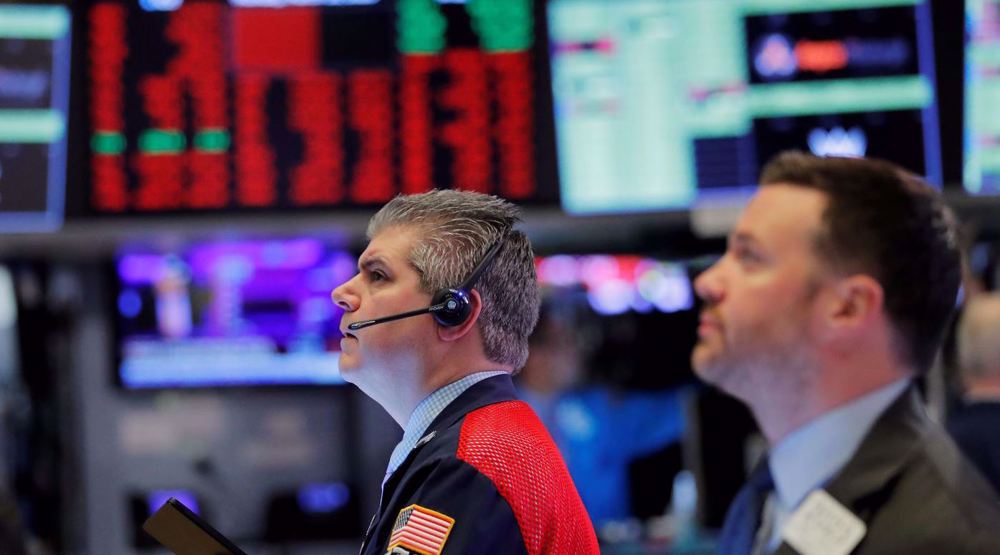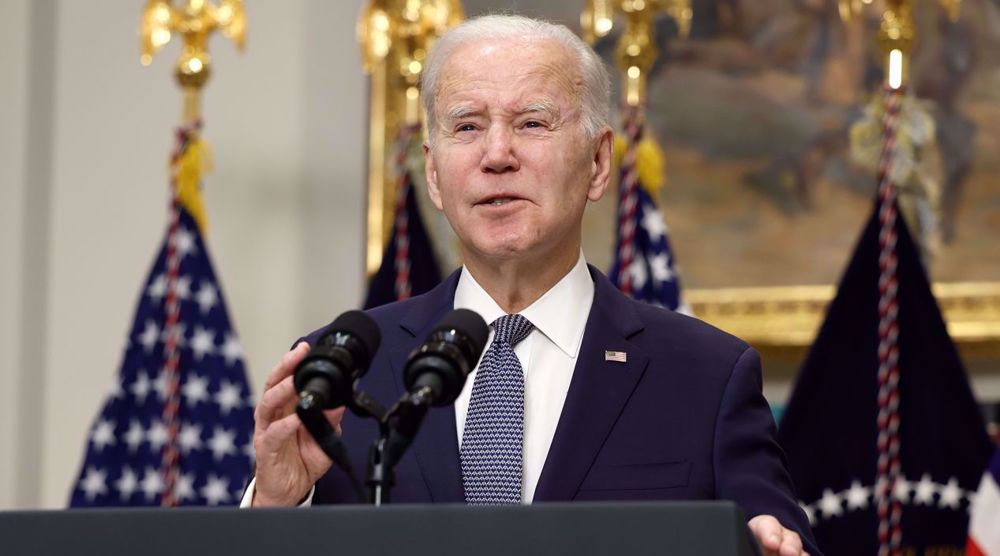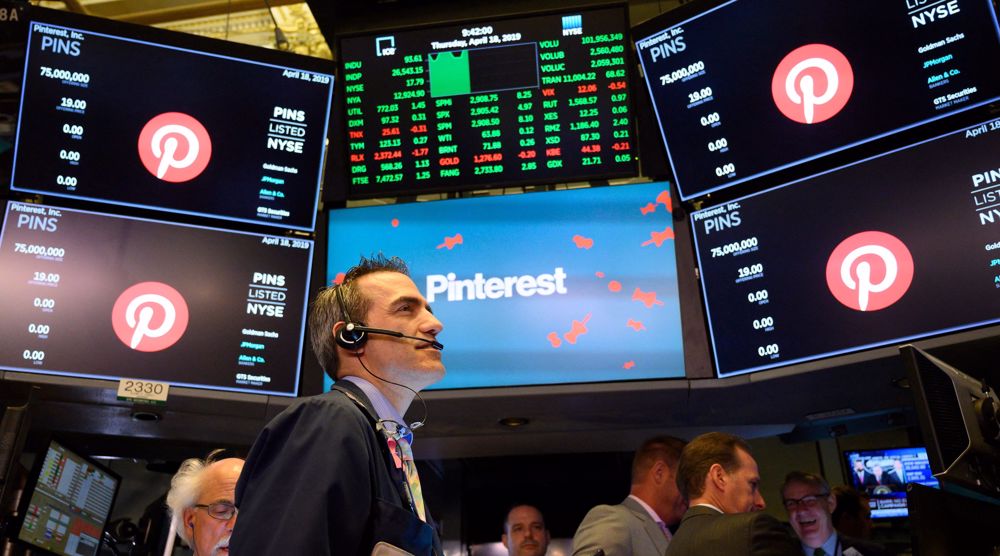Collapse of US banks rattle global financial institutions in grip of contagion fears
The collapse of American banks has triggered drastic movement in bank shares as investors fear contagion in financial institutions despite assurances from US President Joe Biden.
US bank stocks plummeted into a chaotic situation stemming from the collapse of Silicon Valley Bank on Friday, after customers demanded their deposits and the company’s stock fell amid worries over the bank’s financial health. The tech-focused bank was shut down by regulators shortly after California-based, crypto-focused Silvergate bank announced its liquidation earlier last week. Later, New York-based Signature Bank was shut down over the weekend due to concerns for the lender’s liquidity.
Shockwaves from the collapse of the banks, which were focused on tech startups and cryptocurrency, triggered big moves in bank shares on Tuesday as investors fretted over the chances of the financial failure of more of the US banks.
Analysts said investor worries about potential contagion to other banks worldwide have not been entirely dispelled by Biden's attempt to restore trust in the financial establishments vowing government support.
"Americans can have confidence that the banking system is safe,” Biden said on Monday in televised remarks from the White House in an attempt to downplay the failure of the US banking system.
Biden claimed that his administration's emergency measures meant Americans could be confident the US banking system is "safe", while also promising stiffer regulation after the biggest US bank failure since the 2008 financial crisis.
However, analysts said financial actions are more important in this regard than words.
Jack Ablin, chief investment officer at Cresset Capital, pointed out that what happens at banks in upcoming days and weeks matters more than what Biden claims to be true.
"If we do not see any high-profile failures in the near future, then the fears would subside," Ablin said.
In the meantime, traders say uncertainty continues to dog the financial sector, with investors extremely worried about the health of smaller global banks, the prospect of tighter regulation and a preference to protect depositors at the expense of shareholders.
The Financial Times reported on Tuesday that some investors have applied to shift their accounts from smaller banks to the large American banks such as JPMorgan Chase and Citigroup.
However, large US banks have also lost nearly $190 billion since the sell-off began, with regional lenders like First Republic Bank, which plunged more than 60 percent on Monday, hit hardest.
Across the globe, the leading stock index for Asia erased all of its gains for the year on Tuesday as bank stocks continued declines triggered by the collapse of US financial establishments.
Morgan Stanley Capital International (MSCI) Asia Pacific index fell 2.3 percent with Japanese banks among the biggest drags on the market. The index is down more than 9 percent from this year’s high recorded in January, wiping out its gains for the year. The MSCI entered a bull market during the second trading week of the year, reflecting optimism from China’s reopening.
The Tokyo Stock Price Index (Topix) fell almost 3percent, representing the biggest daily decline in more than five months, while the MSCI ASEAN Index slumped 9.8 percent from a January high.
Swiss banking giant Credit Suisse will be the next to go bust following the failure of a number of US banks amid the unfolding financial crisis, RT cited Robert Kiyosaki, co-author of the best-selling book Rich Dad Poor Dad, as saying.
Kiyosaki, who forecast Lehman Brothers collapse and predicted in November that the US stock exchange was headed for a giant crash, reiterated his forecast for US financial markets collapse. “The problem is the bond market, and my prediction, I called Lehman Brothers years ago, and I think the next bank to go is Credit Suisse ... because the bond market is crashing.”
He explained on Monday that the bond market, which is bigger than the stock market, is the economy’s “biggest problem” and will put the US in “serious trouble.”
“The US dollar is losing its hegemony in the world right now. So, they’re going to print more and more and more of this… trying to keep this thing from sinking,” Kiyosaki explained.
Just hours after Kiyosaki’s warning, Credit Suisse itself identified “material weaknesses” as the cost of insuring its bonds from defaulting reached the highest level. The investment bank admitted in its delayed annual report on Tuesday that it had not yet stemmed customer outflows.
Credit Suisse, which has been hit by a series of scandals lately, claimed its customer outflows in the fourth quarter jumped to over 110 billion Swiss francs ($120 billion), putting it in breach of some liquidity buffers.
The bank’s share price fell more than 14 percent On Monday to a record low amid market turmoil triggered by the collapse of US banks.

Trump tariffs spark global condemnation as markets crash

Moving against global tide, Israel eliminates all tariffs on US goods

The Trump economic effect
VIDEO | British Medical Association cancels pro-Palestinian doctor’s speech
Trump admin. to freeze Brown grants, impose Harvard restrictions over pro-Palestinian protests
VIDEO | Yarmouk demonstrations condemn Israeli attacks on Syria, Palestine
VIDEO | Indian parliament approves controversial Muslim Waqf law
Yemen's army targets Tel Aviv, downs Giant Shark F360 drone in Sa’daa amid Israel’s genocide in Gaza
Islamic scholars issue fatwa urging Muslim nations to support Palestinian resistance
VIDEO | Trump trade war
Houthi: Intensified US aggression against Yemen failed









 This makes it easy to access the Press TV website
This makes it easy to access the Press TV website